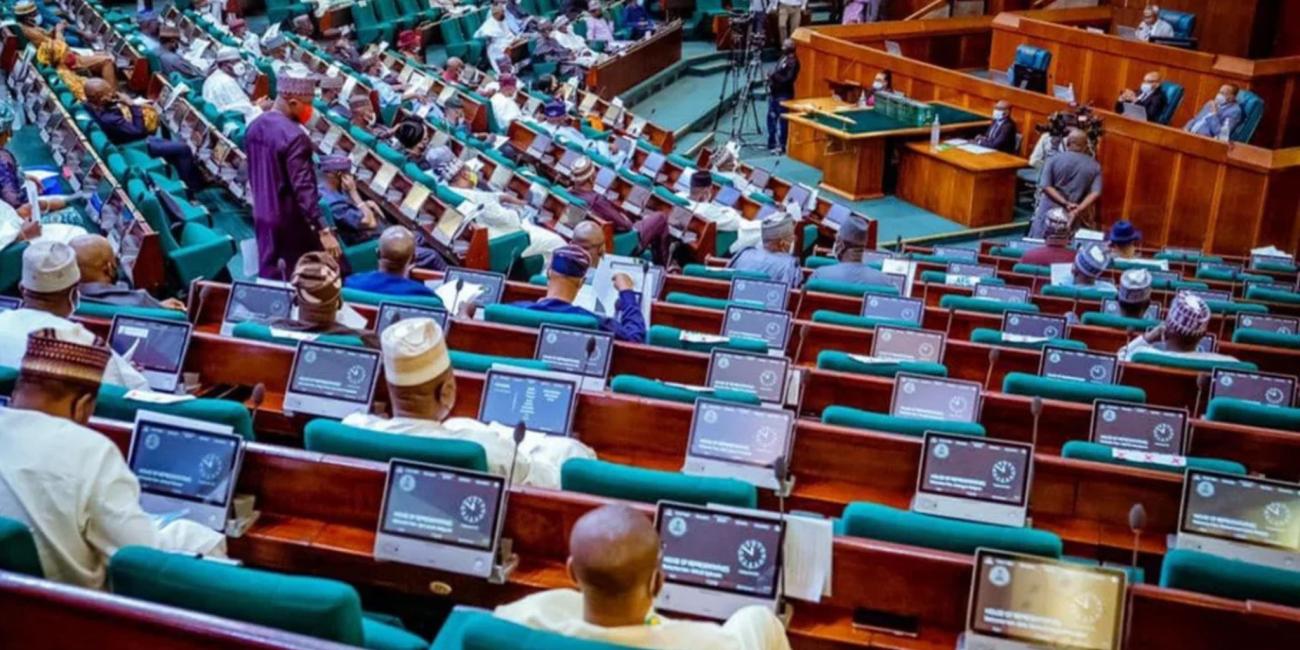
The committee, at an investigative hearing held on Tuesday in Abuja, expressed concern over the lack of transparency and accountability in the disbursement of the funds by participating Ministries, Departments, and Agencies (MDAs).
The House of Representatives Committee on Nutrition and Food Security has opened an investigation into the alleged diversion of over N1.12 trillion allocated for the Anchor Borrowers Programme (ABP), a Central Bank of Nigeria initiative designed to support smallholder farmers across the country.Travel guides for Nigeria
The committee, at an investigative hearing held on Tuesday in Abuja, expressed concern over the lack of transparency and accountability in the disbursement of the funds by participating Ministries, Departments, and Agencies (MDAs).
The Chairman of the committee, Hon. Chike Okafor, disclosed that while the programme reportedly involved 24 financial institutions, only nine have provided sufficient evidence of their participation and fund utilisation.
The CBN, under the ABP, was said to have disbursed N1.12 trillion to about 4.67 million farmers engaged in rice, maize, and wheat production, in collaboration with 563 anchor companies.
In addition to probing the MDAs, the committee is scrutinising the Nigeria Incentive-Based Risk Sharing System for Agricultural Lending (NIRSAL) Microfinance Bank over the expenditure of N215 billion on agro-businesses. Travel guides for Nigeria
The lawmakers are also examining the Bank of Industry’s role in the disbursement of N3billion to 22,120 smallholder farmers through the Agriculture Value Chain Financing Programme.
Okafor emphasised the importance of the probe in ensuring food security and protecting the integrity of public funds meant for the nation’s agricultural transformation.
“The CBN should note that we are aware it has about 24 participating financial institutions through which it disbursed these humongous amounts.
“I am also aware that you (CBN) have written to 24 of them but we have evidence of only nine. Please, note this.
“Secondly, we are probing how NIRSAL disbursed N215billion so far to facilitate agriculture and agribusinesses. Also, the Bank of Industry on how it disbursed N3billion to 22,120 smallholder farmers through the agriculture value chain financing programme.”
He added that the establishment of the Committee on Nutrition and Food Security is a legislative effort to collaborate with the executive arm of government and other stakeholders in addressing food-related challenges and ensuring Nigeria becomes a food-secure and well-nourished nation.Travel guides for Nigeria
Meanwhile, a representative of NIRSAL Microfinance Bank, Charles Bassey, cited insecurity as a major obstacle to the effective implementation of the bank’s loan scheme.
He explained that in selecting beneficiaries for the intervention, the bank strictly adhered to established guidelines.
“It was based on those guidelines that we disbursed these funds. Some of the challenges that they have written about include insecurity challenges. Some beneficiaries explained that after investing their funds in agricultural ventures, they were unable to return to their farms due to incidents of banditry and attacks by herdsmen.
“This disrupted their seasonal farming activities and affected their harvests,” said Bassey.
“Others cited natural disasters such as flooding and drought as major setbacks.”
He added that a number of beneficiaries had appealed for a restructuring of the loan facility to give them more time for repayment.
Meanwhile, the Group Head of Agric Finance and Solid Minerals at Sterling Bank, Olushola Obikanye, stated that the bank had remitted a total of N113.49 billion to the Central Bank of Nigeria (CBN), clearing its obligations under the scheme.Travel guides for Nigeria
“The amount includes both undisbursed funds that were returned and disbursed funds recovered,” Obikanye said.
“With this remittance, Sterling Bank has no outstanding balance — zero naira, zero kobo— under the programme.

